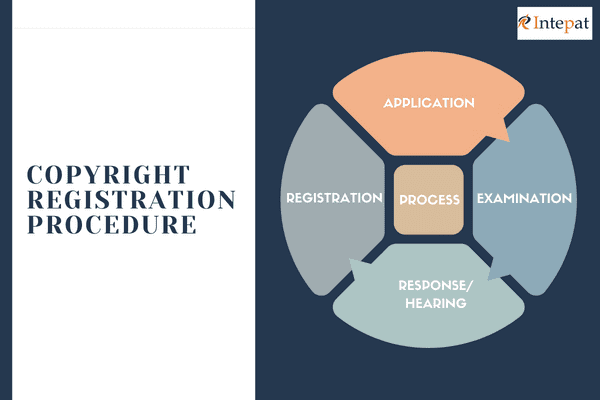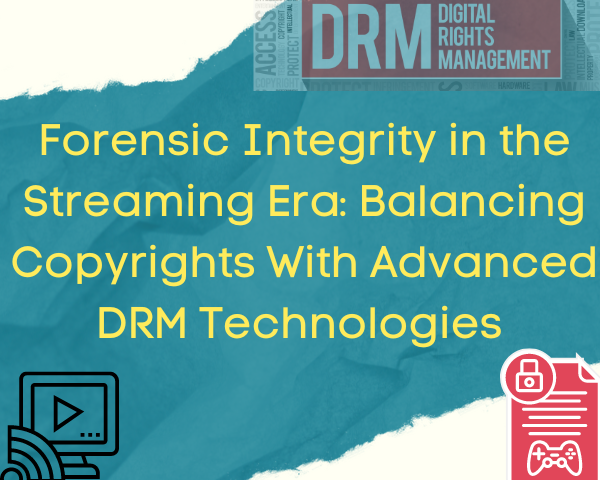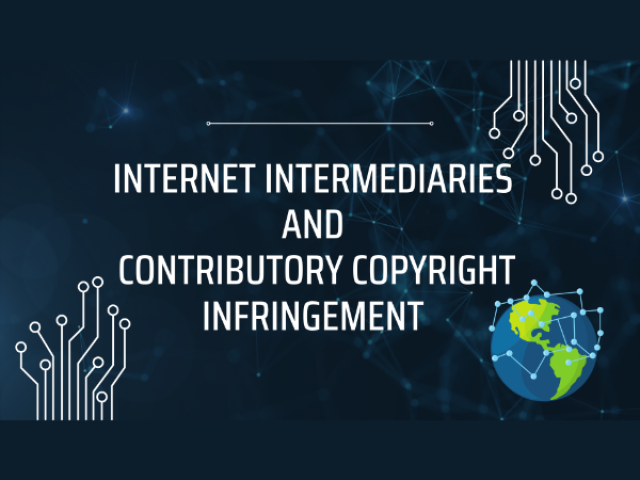Copyright protects the right of the creator of his actual work to specifically copy or reproduce or publish the work for monetary gains or otherwise. It doesn’t specifically require copyright registration, and copyrighting is an exclusive legal right to the work creator to reproduce, generate copies, translate, or adapt his work.
It is governed by the Indian Copyright Act, 1957 (as amended in 2012) and Copyright rules 1958 (as amended in 2013, 2016).
Importance of Copyright Registration:
Registering a copyright is an added advantage, which protects the ownership of the work from any unnecessary disputes. In case of a possible copyright infringement dispute, a certificate of copyright registration and the Register of Copyright containing particulars of registered copyrights are considered “admissible evidence” in the court of law. These serve as prima facie evidence concerning disputes relating to ownership of Copyright.
Term of Copyright:
Copyright shall exist in work from when it is published within the author’s lifetime until sixty years after the author dies. Section 22 of the Indian Copyright Act, 1957; is mentioned as,
“Except as otherwise from now on provided, copyright shall subsist in any literary, dramatic, musical or artistic work (other than a photograph) published within the lifetime of the author until 60[sixty] years from the beginning of the calendar year next following the year in which the author dies”.
The procedure of Copyright Registration in India:
Chapter X of the Indian Copyright Act,1957 and Rule 70 of Copyright Rules, 2013, mention the following procedure for the registration of copyrights in India:
1. Application:
An author or applicant can apply for registration of Copyright himself or via his authorized legal representative. The registration of copyright (Form-XIV) can be made physically in the copyright office, through speed/registered post, or through the e-filing facility available on the official website of the Copyrights Office (copyright.gov.in). There should be one application for one work. Each application in Form IV should be accompanied by the requisite fee prescribed in the second schedule to the Rules. The fee ranges from 500 INR to 40,000 INR, depending on the form of work. The fee can either be a Demand Draft or Indian Postal Order favoring “Registrar of Copyright Payable at New Delhi” or through E-payment.
Other information which needs to be provided is:
a) Name, address, the nationality of the applicant;
b) Nature of applicant’s interest in the work;
c) Title of the work;
d) Name, address, the nationality of the author of the work, and if the author is deceased, the date of his death;
e) Language of the work;
f) Whether the work is published or unpublished;
i) Year and Country of first publication and Name, address, the nationality of the publisher;
ii) Year and Countries of subsequent publications, if any, and name, address, the nationality of subsequent publishers;
g) Name, address, the nationality of a person authorized to assign or license the rights comprising the Copyright, if any;
h) No-objection Certificate signed by the author (if different from the applicant);
i) Vakalatnama or Power of attorney signed by the advocate and the party (if the advocate makes the application of the party);
j) Three copies of published work must be sent along with the application.
k) If the work is unpublished, two copies of the manuscripts must be sent with the application (one copy will be duly stamped and returned, and the other will be retained).
l) Application for registration of a computer programme must be filed with the source and/or object code.
m) Application for registration of an artistic work used or capable of being used about goods must be filed with a statement to that effect and a no-objection certificate from the Registrar of Trademarks.
n) Application for registration of an artistic work capable of being registered as a design must be filed with a statement in the form of an affidavit stating that it has not been registered under the Designs Act, 2000, and has not been applied to any article through an industrial process.
o) Application must be signed by the applicant or the advocate;
p) Applicant must provide his mobile number and email address to receive the filing number.
2. Examination:
Once the application is filed, a diary number is received. There is a provision of a mandatory wait period of 30 days so that “No Objection” is filed against the claim made by the author. If some objection is filed against the copyright claim, it may take one more month. The Registrar of Copyrights gives both parties an opportunity of hearing the matter. After the decision on the ownership or if the objection is rejected, the application goes for scrutiny. The applicant is asked to remove any discrepancy if found; within 30 days.
3. Registration:
On further submission of documents, if the Copyright Registrar is completely satisfied with the completeness and correctness of the claim made in the application, he shall enter the Copyright’s particulars in the copyrights register and further issue a Certificate of Registration. Registration completes when the applicant is issued a copy of entries made in the Register of Copyrights.
Copyright in India is recognized virtually worldwide under the “Berne Convention” and the applicable law of its member nations. If total compliance is followed, the “certificate of copyright” is a future safeguard for creative minds to preserve their creativity and reap exclusive monetary benefits.
“Copyright registration,” which otherwise seems to be a simple term, is a critical process. We at Intepat ease the copyright registration process of your copyright work. Intepat stands for its values of responsiveness, attention to detail, and client-centric honest policies. The best protection of your intellectual property is in your best interest.




